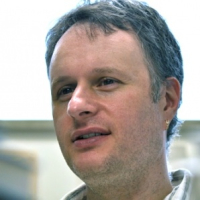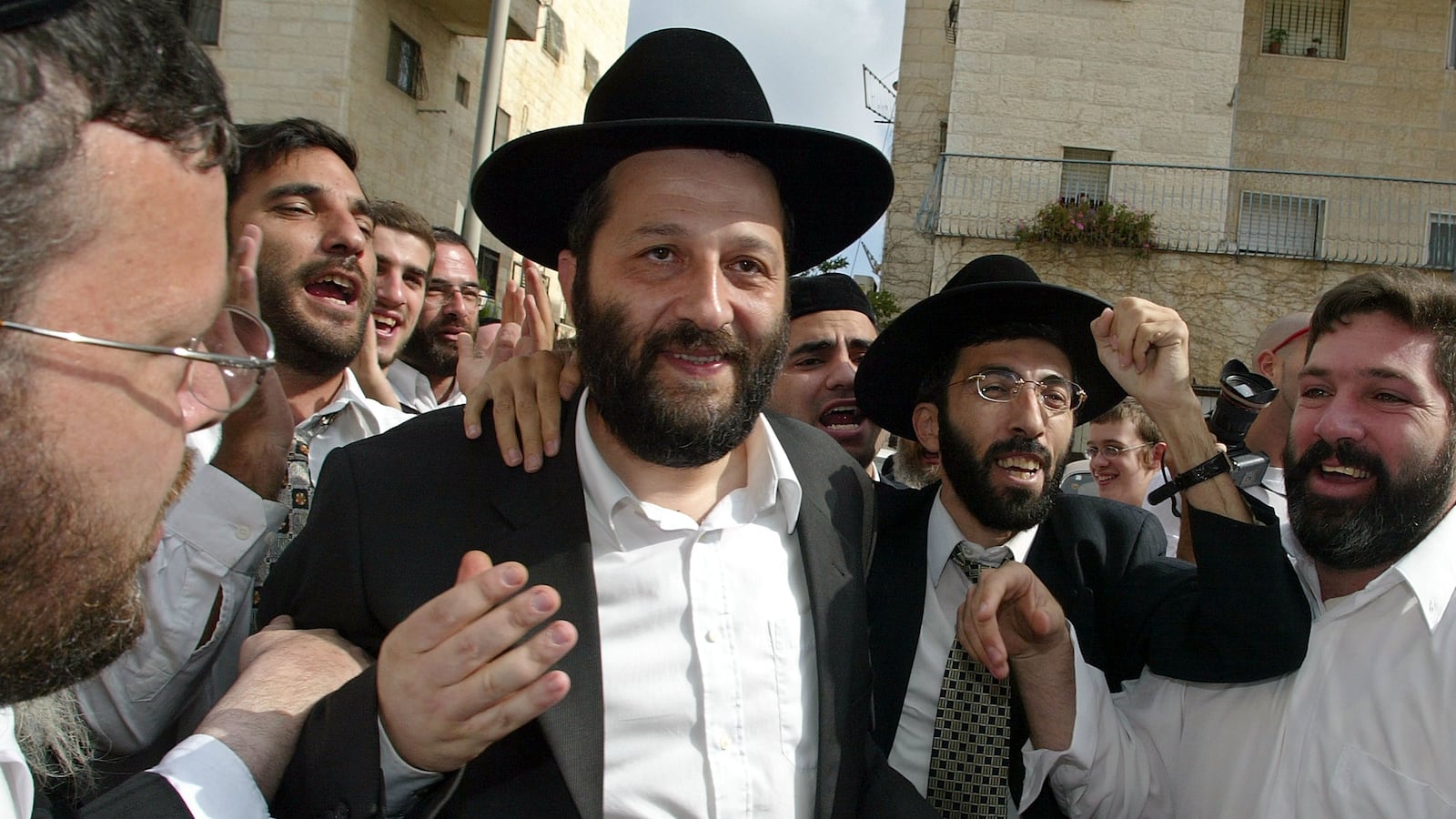If anyone thought that Aryeh Deri’s conviction for bribery and fraud would have prevented him from returning to the highest levels of Haredi and national politics in Israel, they’ve just been proven wrong. Deri is back at the helm of Shas.

This wasn’t completely unexpected: Deri was the boy wonder of Shas, having helped found the party in the 1980s as a Sephardic breakaway from the more established Haredi but Ashkenazi-dominated party, Agudat Israel. Under his leadership Shas became the most important Orthodox institutional player in national politics. Shas’s ultimate leader, Rabbi Ovadia Yosef, cherished him dearly, while the party’s constituents adored him. His appointment as the sole leader of Shas is a good thing, because he’ll contribute to a dampening down of the over-heated rhetoric and rising tensions between the Haredi and other sectors as represented by Yair Lapid and Yesh Atid.
Prior to Likud’s victory in the 1977 election, socialist-Zionist ideas were predominant and their supporters tried to advance them as much as possible. But with the emergence of a genuine alternative to the Labor Party, Israeli politics became polarized between the two large parties, with the smaller ones—including the religious Zionists and the Haredi—now playing them off against each other. The Haredi demands, especially, exacerbated this process as they came to be seen as parties only interested in the health of their own communities while trying to impose their narrow understandings of Judaism and Jewishness on the rest of the society.
The decline of the National Religious Party, and then its reincarnation as Jewish Home, and the growing importance of the Israeli “center” since at least the mid-2000s has helped mitigate this polarization somewhat. But the growing importance of the Haredi draft and then the rise of Yesh Atid (with Lapid taking up leadership of the cause to “share the burden”) seem to have reversed this.
This is why Deri is needed now. First, he has the experience of having navigated Haredi politics, which is not as easy as it might seem. There is a tendency to assume either spiritual leaders simply make decisions, and outcomes follow; or little attention is paid to the politicking within the parties. Why not, one might ask, given the drama and visibility of intra-party fighting in Likud, Labor, and Kadima.
But Haredi politics is not for the faint of heart. In religious party politics, the stakes are high in part because the delineations between groups and identities are so stark and clear. You won’t find many politicians switching back and forth between the religious parties, and certainly not between religious communities, the way you’ll find politicians moving easily between Kadima, Labor, Likud, and others.
Among the religious parties doctrinal and ethnic differences are sharp. Non- and sometimes even anti-Zionist religious groups participate in intra-religious politics, influencing the political processes within the official parties and, from there, changing the course of Israeli national politics. Deri’s ability to bring different factions together or at least dampen down intra-Haredi conflict is a necessary first step to resolving tensions with the secular parties.
Second, Deri’s not an ideologue; he’s a convincing pragmatist who understands that deal-making is a necessary part of politics. He’s been adept at charting a course for a non-Zionist party (one could convincingly argue Shas has become increasingly Zionist) within the state’s Zionist political system. Even more, he’s a dove when it comes to Israeli foreign policy, particularly policy toward the Palestinians.
Degel HaTorah’s Moshe Gafni and Shas’s Eli Yishai, two of the more visible representatives of Haredi politics, are abrasive and belligerent, and their positions on political debates have been confrontational. Yishai’s rhetoric regarding African refugees and Palestinians have been particularly offensive and off-putting for many.
Deri can offset and even change much of this. He’s already begun to do this, explicitly framing disputes with Yesh Atid as based on socio-economic reasons rather than religious ones. It’s not all up to him, of course. Yosef’s word in Shas is ironclad, and no Shas politician will undermine Deri against it. But how the politicians in Degel HaTorah react to Deri is important—will they see him as a challenger and threat, or as a comrade-in-arms? Similarly, Lapid and, to a lesser extent, Naftali Bennett will have to be open to negotiating with him for any difference to be made. The longer the next election is put off, the easier this will be.
It’s unfortunate that in Israeli politics those leaders best positioned to make a critical difference in the policymaking process have had to be prosecuted for various crimes. Their other qualities would otherwise make them easier to genuinely admire and support.





